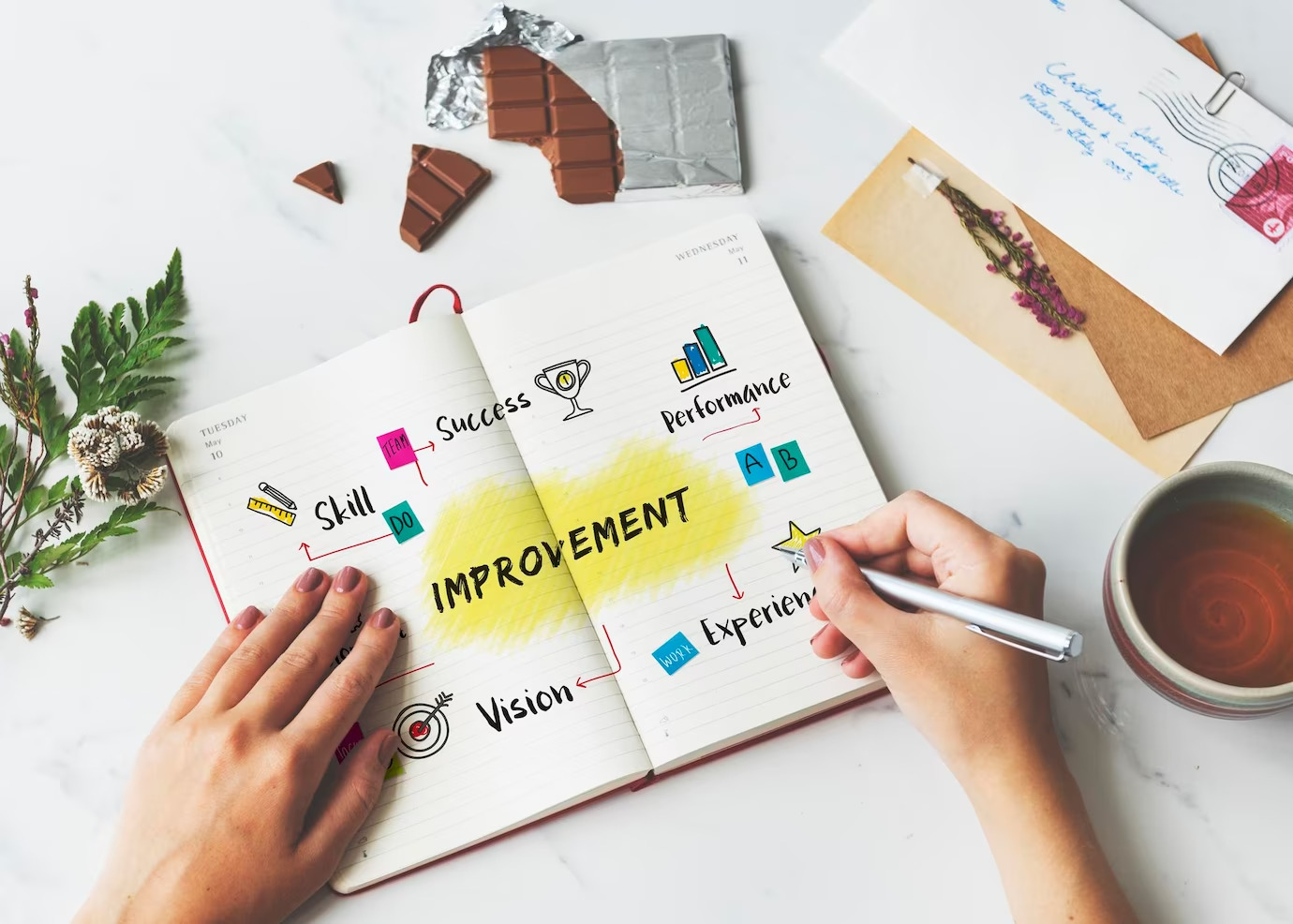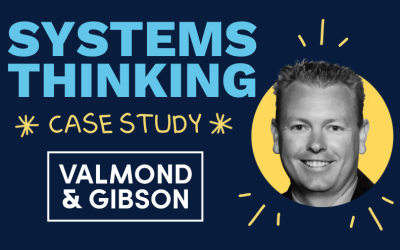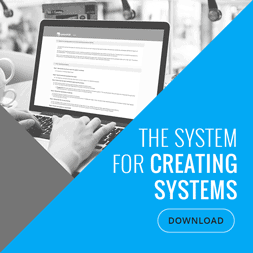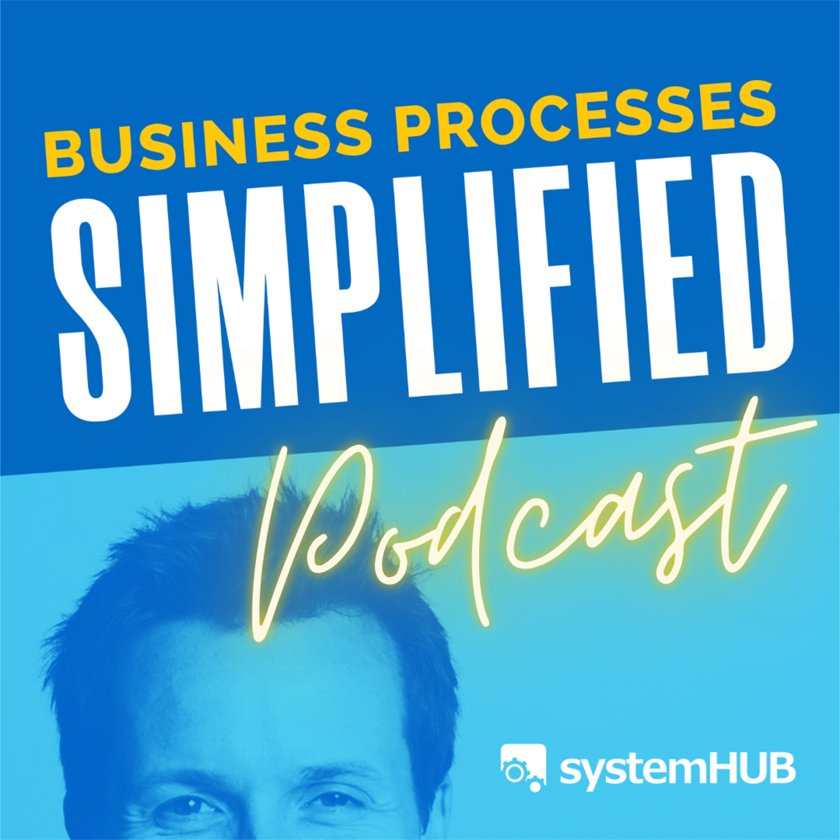
In this blog post, we’ll explore the world of Lean methodology and its potential benefits for small business owners. We’ll take a closer look at the core principles of Lean, how it differs from other business improvement methodologies, and when it might be useful for your business. We’ll also delve into the challenges of implementing Lean, as well as the benefits associated with it.
And for those who may not have the resources for the full Lean methodology, we’ll introduce you to SYSTEMology, a more affordable and accessible alternative. So whether you’re a seasoned entrepreneur or just starting out, read on to discover if Lean is the right fit for your business.
What’s in this article:
What is Lean methodology?
What are the core principles of Lean?
How does it differ from other business improvement methodologies?
Can it be applied to any business and is it easy to implement?
How long does it take to see results and how do you measure them?
What other options are available for small business owners?
What is Lean Methodology?
Lean was originally developed by Toyota in the 1950s, and was first widely adopted in the manufacturing industry. It has since grown beyond its roots, and is now recognized as a business improvement methodology applicable to many different types of businesses. One of the main aims of Lean is to eliminate waste and increase efficiency in business processes.
By identifying and eliminating waste, businesses can streamline their operations and focus on delivering more value to their customers. Naturally, having satisfied customers simply means better profits for your business. So now that we know what the Lean business methodology is, what are its principles?
What Are the Core Principles of Lean Methodology?
The core principles of Lean are centered around eliminating waste and maximizing value for customers. It’s all about making things better, treating people right, and being smart about how you do things. Some of the key principles include:
- Continuous Improvement: Lean is an ongoing process of identifying and eliminating waste in business processes to continuously improve efficiency and customer value.
- Respect for People: The methodology values the input and contributions of all employees and strives to create a culture of mutual respect and trust.
- Value Stream Mapping: This is a visual tool used to identify and analyze the flow of materials and information in business processes.
- Just-in-Time (JIT) Production: JIT is a Lean principle that aims to minimize waste by producing only what is needed, when it is needed, and in the amount needed.
- Kaizen: This is a Japanese term that means “continuous improvement”. It is a fundamental principle of the Lean methodology and emphasizes the importance of ongoing improvement in all aspects of business.

How Does It Differ from Other Business Improvement Methodologies?
So, what makes Lean unique? Other methodologies might focus on reducing costs or improving quality, but Lean takes a holistic approach to business improvement. Let’s dive into the specifics:
- First, Lean focuses on eliminating waste in business processes, which can include anything from excess inventory to unnecessary steps in a production line. This increases efficiency, reduces costs, and improves customer satisfaction.
- Second, Lean places a strong emphasis on continuous improvement, or kaizen, which involves constantly evaluating and refining business processes to ensure they are as efficient and effective as possible. This differs from some other methodologies that may only focus on making changes at specific intervals or in response to specific challenges.
- Third, Lean prioritizes the voice of the customer, using tools like value stream mapping to identify and understand the value that each step in a business process provides to the customer. This helps businesses better understand and meet customer needs, which can lead to increased customer loyalty and profitability.
- Finally, Lean methodology promotes a culture of respect for people, which involves valuing the input and expertise of all employees and working collaboratively to solve problems and improve processes. This differs from some other methodologies that may rely on a top-down approach or place less emphasis on employee involvement.
Now that we have a solid understanding of the key differences of Lean compared to other methodologies, let’s discuss what sort of businesses work well with it.
Can It Be Applied to Businesses of Any Size, in Any Industry and Sector?
In most cases, yes, indeed! Whether you’re running a pizza shop or a multinational corporation, Lean can be applied to businesses of any size, in any industry and sector to help improve processes and make more money. It has been successfully implemented in manufacturing, healthcare, service industries, and more. It’s all about tailoring the methodology to your specific needs and goals.
With all that said, before you decide to dive into Lean, it’s still important to carefully consider if your business is a good fit for Lean and if you have the right reasons in mind for wanting to implement it.

Reasons to Implement
Implementing Lean can have a ton of benefits for your business, including increased efficiency, improved quality, better customer satisfaction, and more cash in your pocket. Let’s look at the reasons in closer detail:
- Increased Efficiency: Eliminating waste in business processes means businesses can improve efficiency and reduce costs.
- Improved Quality: Lean methodology emphasizes the importance of quality control and can help businesses deliver higher quality products and services.
- Improved Customer Satisfaction: By focusing on delivering more value to customers, businesses can improve customer satisfaction and loyalty.
- Increased Profitability: By reducing costs and improving efficiency, businesses can increase profitability and reinvest in growth opportunities.
Reasons Not to Implement
While we did mention that the Lean methodology can be applied to any business, there are cases where it may not be a good fit for some. These reasons business owners choose not to implement Lean include:
- Lack of Resources: Implementing the methodology can require additional time, money, and resources, which may not be feasible for some businesses.
- Lack of Commitment: Lean is an ongoing process of continuous improvement that requires a long-term commitment from the business and its employees.
- Incompatible Culture: It requires a culture of respect, trust, and continuous improvement, which may not be compatible with every business culture.
Is It Easy to Implement It in a Small Business?
Let’s be real here, implementing the Lean methodology in a small business can be challenging, but it is possible. The key is to start small and focus on the most critical areas of the business. Small businesses may not have the resources to implement it in full, but they can still benefit from adopting some of its core principles, such as continuous improvement and value stream mapping. You don’t have to do it all at once, just take it one step at a time. And hey, every little bit helps, right?
How Long Does It Take to See Results?
The timeline for seeing results from implementing the Lean methodology can vary depending on the size and complexity of the business, as well as the specific goals and challenges. However, businesses can typically expect to see some improvements within a few months of implementation, with ongoing improvements over time as the methodology is continuously applied and refined.
How to Measure the Results

What Other Options Are Available for Small Business Owners?
If you’re new to business systemisation and are yet to document your many of your processes, the full Lean methodology may not be the best fit. Lean is a process improvement methodology, so by definition it is best suited to those who have already defined their processes.
If you’re new to systemisation and you’re still finding your way, SYSTEMology may be a better place to start. SYSTEMology is a proven seven-step process that helps small business owners streamline their operations and focus on delivering more value to their customers, without the need for extensive training or investment in software and equipment.
Where to from Here?
In conclusion, while Lean may not be the best fit for every business, it is worth considering for those looking to improve their operations and achieve greater success. And for small business owners or those who don’t have any systems in place yet, SYSTEMology offers a more accessible and affordable alternative that can still provide significant benefits.
Our Concierge Service can help create robust systems for your business and give you more time to focus on what matters. You can also get a FREE systems training toolkit to access templates and training you can use for your organization.
Still uncertain about how to improve your business and where to start? Reach out to one of our expert team members and find out how we can help you make your business leaner and more profitable.










